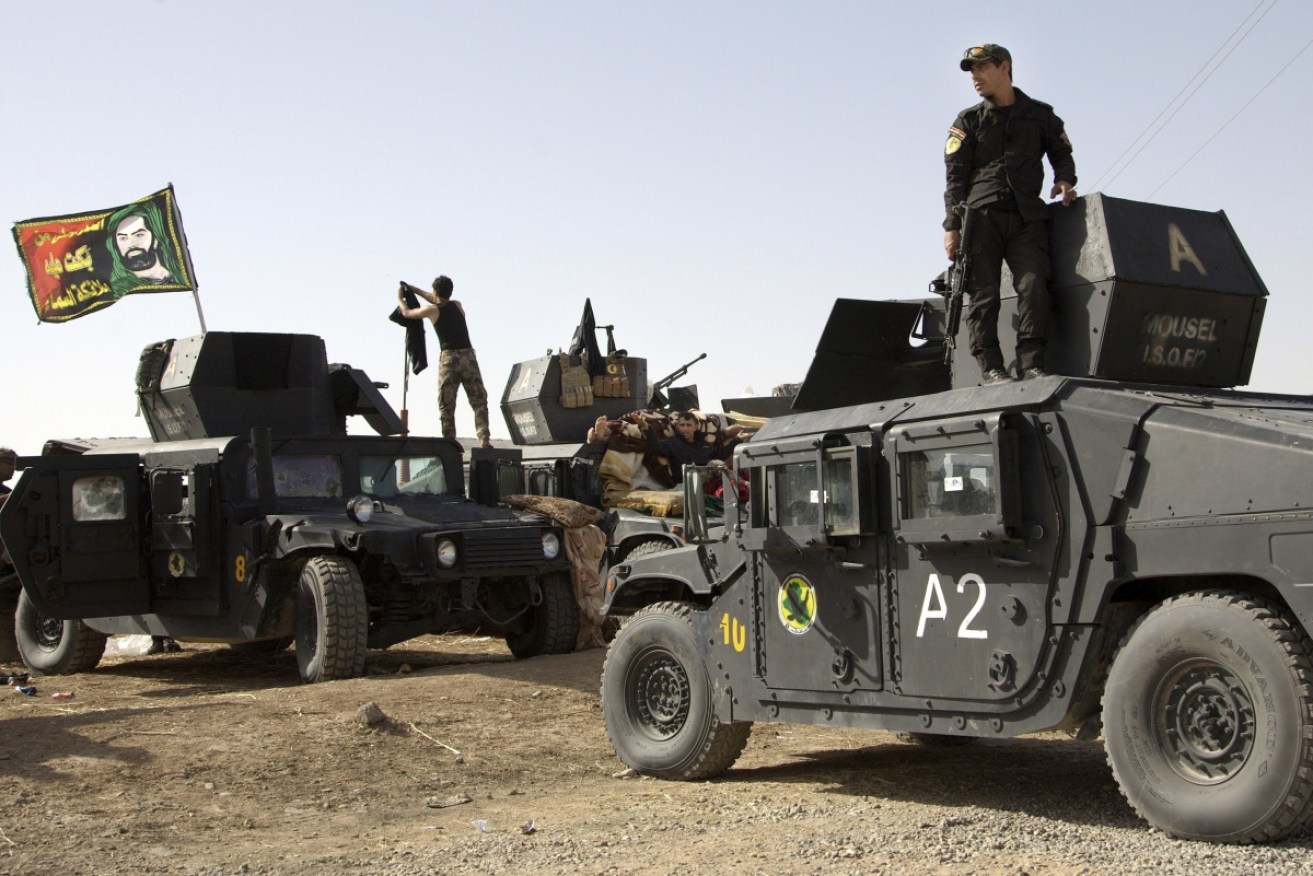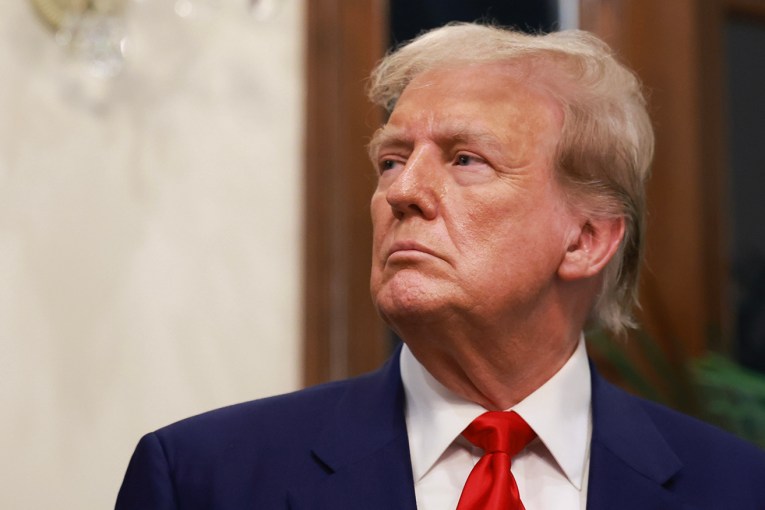The ‘confusing’ mess that might eventuate once IS loses Mosul

Iraq's special forces soldiers prepare to move into Mosul to battle with Islamic State. Photo: AAP
Islamic State’s (IS) looming defeat in the city of Mosul will likely rid northern Iraq of radical Islam, but won’t eradicate “underlying tensions”, experts on the region predict.
On Monday (AEDT), Iraqi Prime Minister Haider al-Abadi announced operations to liberate Mosul from IS, where Iraqi and Kurdish forces will outnumber IS extremists by as many as 10 to one.
“The victory bell has rung and the operations to liberate Mosul have begun,” Mr al-Abadi said.
The battle is expected to last weeks, but could also take months, with Iraqi soldiers supplied by the United States and trained in part by Australian forces.
Even though IS’s likely loss will see the extremist group concede the largest city it has ever controlled in Iraq or Syria, there are reasons that while winning Mosul is significant, it will not end unrest in the area.
Expert and writer on Islamic State, Daryl McCann, told The New Daily “there are at least eight different forces fighting in Mosul and the military defeat of Islamic State won’t solve the problem of their fight with each other”.
“It is confusing who will be running Mosul once IS is defeated, but let me be clear, defeating IS is a great thing.”
Mr McCann said that the competing interests and rivalries within the eight different groups – in particular the Sunni and Shia Muslim populations – raised questions about what would happen in the city once IS left.
“The official liberating force will be the Iraq Army and in the Iraq Army the majority are Shia, but remember outside the Iraq Army there are other militias in the area.
“Conflict might well continue because Iraq has basically got Kurds [Sunni Muslims], its own Sunni population, a Shia population and then within each of those groups there are divisions and problems.
“Is the Kurdish militia just playing a supporting role to the Iraq Army? Or what will they do in the liberation of Mosul because the city won’t become a part of the Kurdish region most likely?”

Red areas (both shades) show how much territory IS has lost since 2015. Photo: IHS
Mr McCann was referring to the fact that Mosul has traditionally been a majority Sunni Muslim city in a strong Shia Muslim province, Ninveh.
The eight competing or involved forces in the area include: Peshmerga (Kurdish), Turkish Armed Forces, Iraqi Army, Shia militia, Sunni militia, Iranian irregulars, US special forces and the Kurdistan Workers’ Party (PKK).
Mr McCann said military efforts to defeat Islamic State would then turn even more sharply to Syria once Mosul had been taken.

Syrian President Bashar Al-Assad arguably inflamed the region’s current conflict. Photo: Getty
Australian Strategic Policy Institute executive director Peter Jennings told Sky News the battle would be difficult, also citing divided religious loyalties in the region as problematic.
He said “Iranian-backed Shia militias fighting in Sunni territory [Mosul]” would make taking the city’s defeat even more challenging than it already was.
“This is going to be a tough street-by-street fight … IS has done a lot of tunnelling underneath the city,” he said.
IS took control of Mosul in early June 2014 when it defeated the Iraqi Army.
In Syria, a coalition of western forces including Australia and the US continue to try and rid the area of IS.
However, Syrian President Bashar al-Assad, who is backed by Russia, is not supported by the US, meaning there are differing approaches to defeating IS forces.
This has been causing tension and has even led some experts to dub the Syrian crisis a “proxy war” between old Cold War combatants the US and Russia.
Syria has been in turmoil since the start of the 2011 uprising against President al-Assad.






